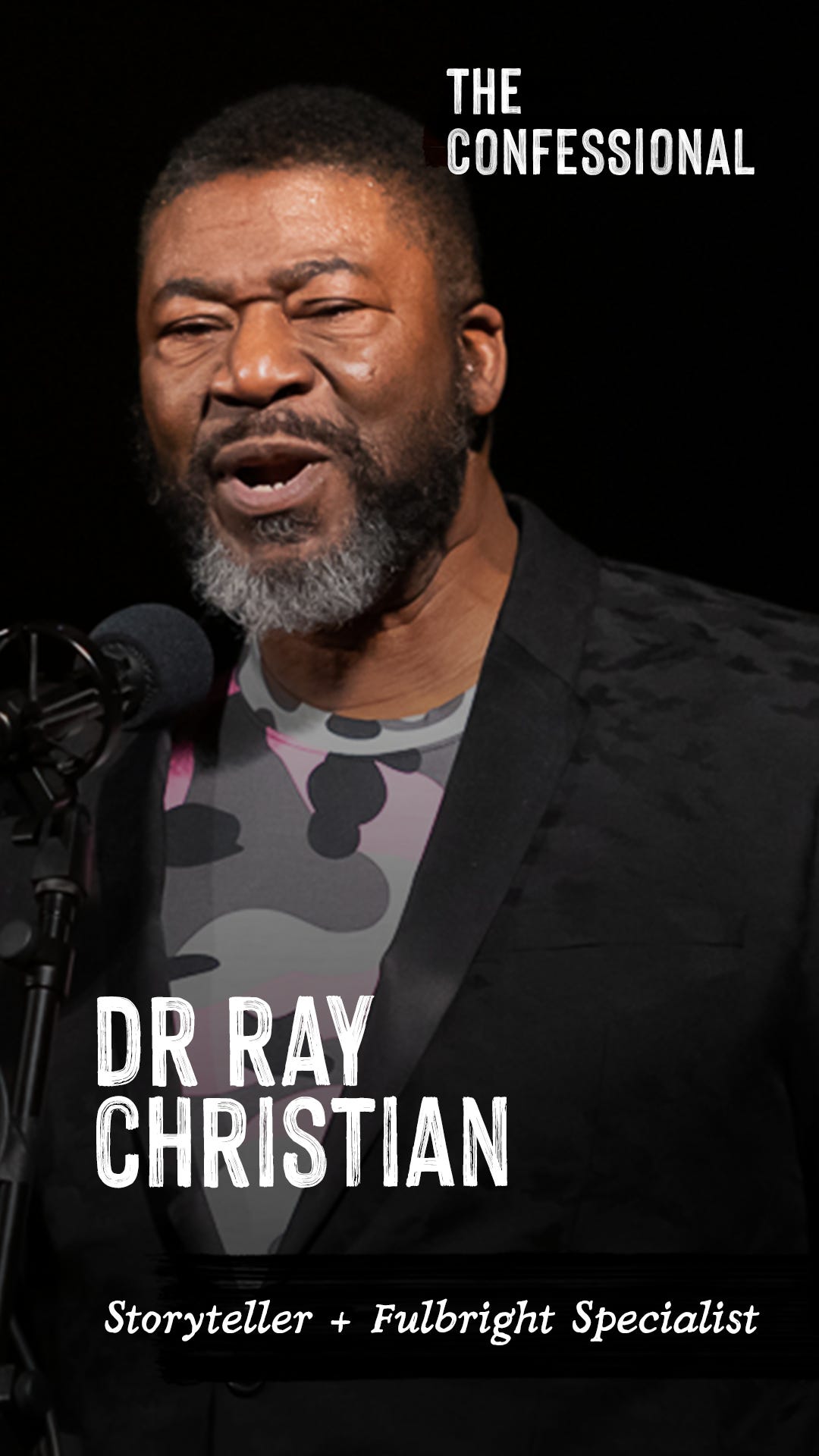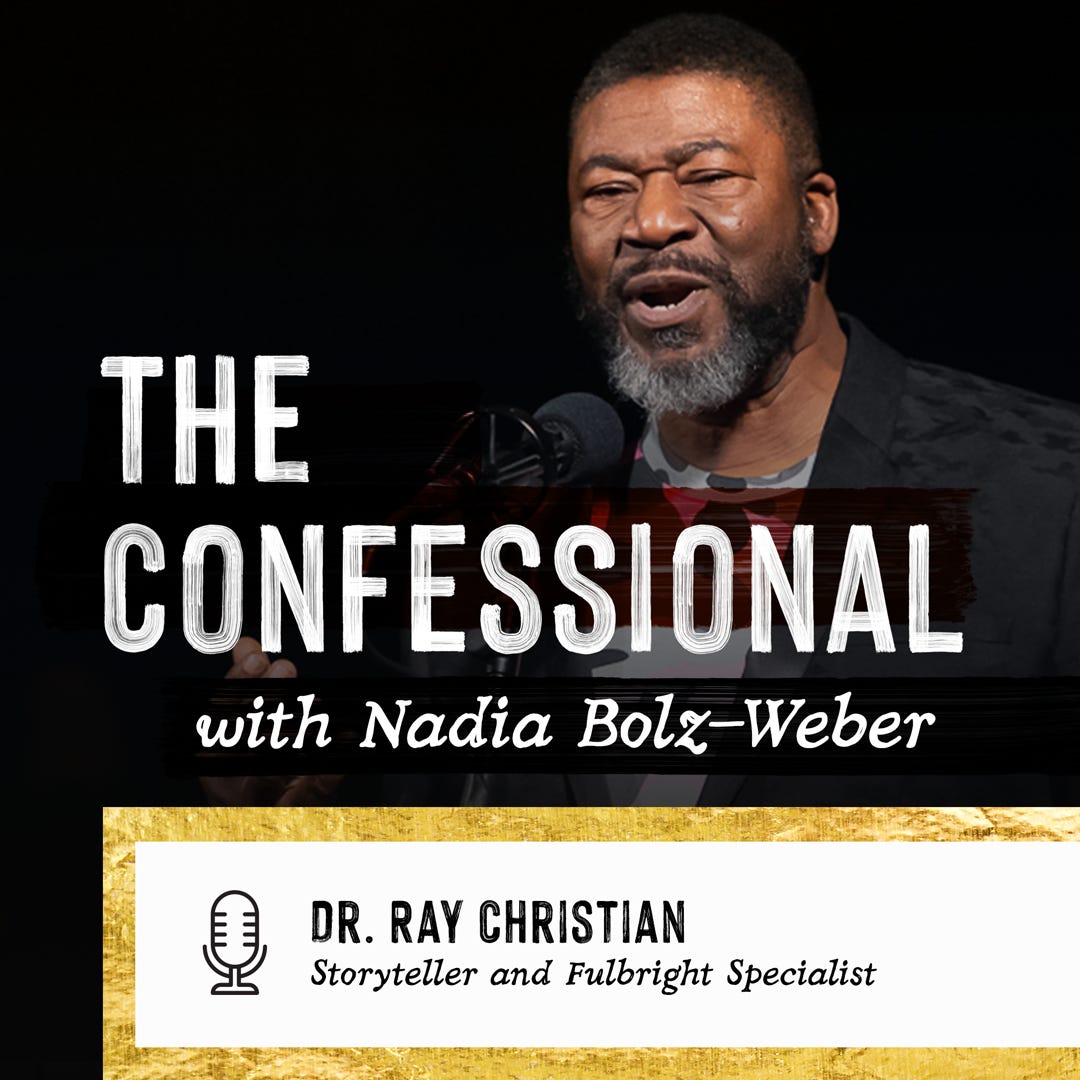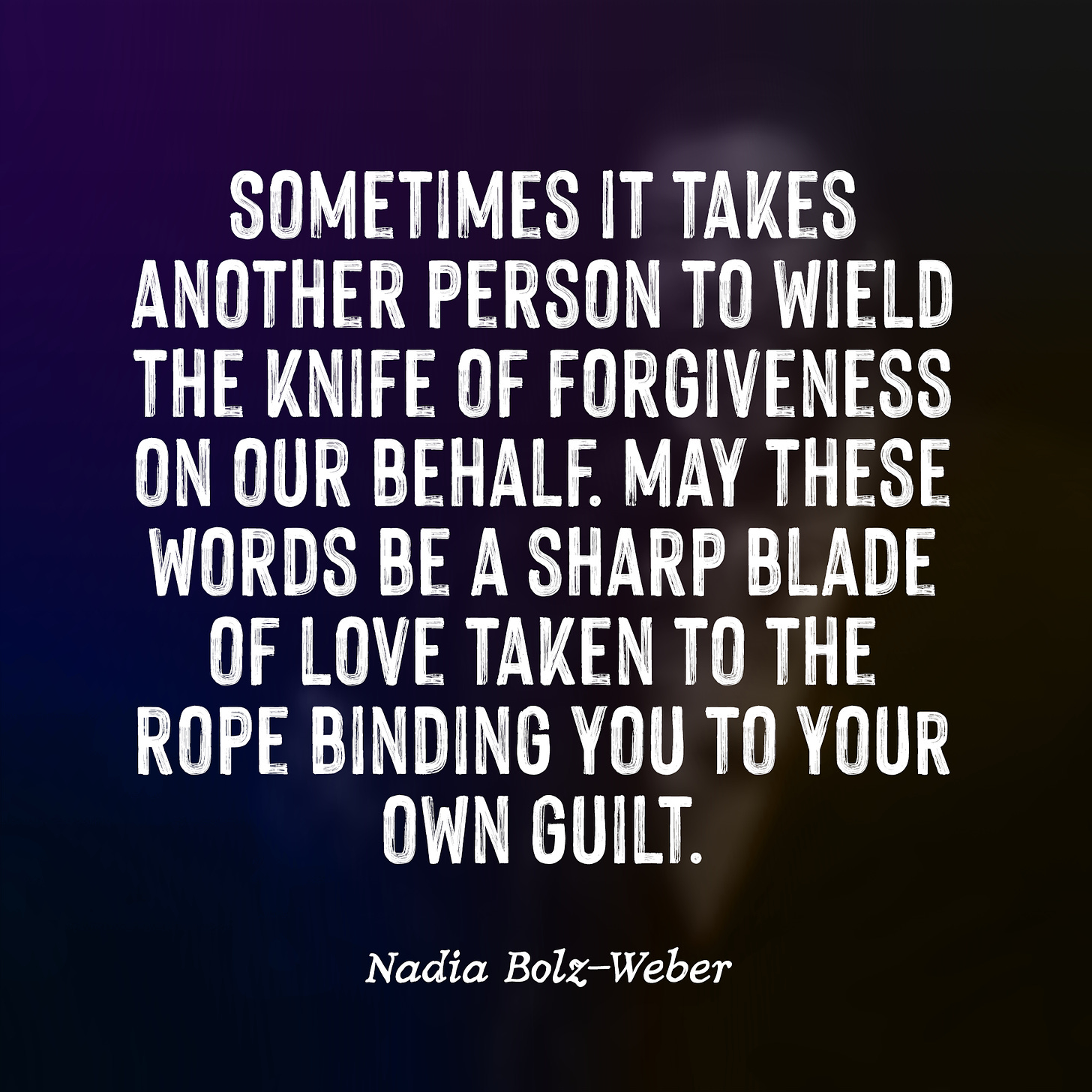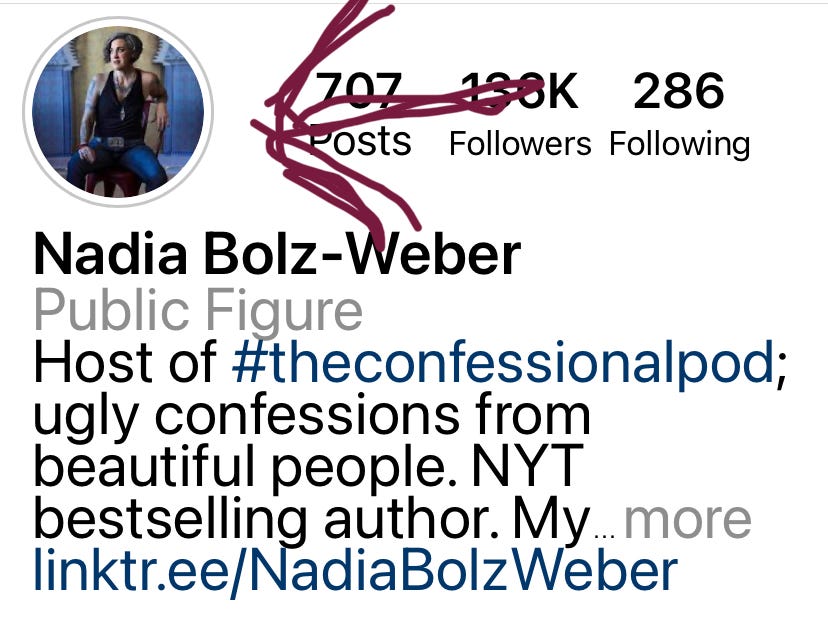
Opening Essay:
There are scenes from movies that, no matter how many times I watch them, I can’t keep from crying all over again. Art can do this – excavate a buried thing from inside of us and hold it up until our eyes adjust to the bright truth of it. There is that scene from Good Will Hunting when Matt Damon’s character, who had tried to cover the pain of their childhood abuse with a veneer of toughness and bravado, is told by his therapist that “it wasn’t your fault” and he brushes it off but the therapist won’t stop repeating it -it wasn’t your fault, until finally Will breaks down sobbing unburdened by the truth and relief of it.
I have felt like both of these characters at varying times in my life. Carrying both the weight of what I cannot be blamed for and the weight of what I can. The older I get, the more I realize how blurry the line is between the two, how often there are mitigating factors to our own complicity, and how we are at times complicit in complicated systems we didn’t actually create.
Why do I cry at scenes in movies that show the catharsis of mercy and forgiveness? For the same reason I started this podcast – because the road we’re on is too long, and the cliffs we must climb in life are too steep to keep carrying that shit in a ratty net behind us. Especially when grace and mercy and forgiveness are just within our reach.
Dr. Raymond Christian is a retired US Army paratrooper who grew up on the poverty-ridden streets of Richmond, VA. He has taught African American History and Storytelling at Appalachian State University and is a 12-time Moth Story Slam Champion and winner of the 2016 National Storytelling Festival Story Slam. Ray is a Fulbright Specialist Scholar as an expert in Education and Storytelling Narrative, and the host and producer of the podcast“What’s Ray Saying?”
Twitter: @whatsraysaying
Join me and Dr. Ray for a short follow-up chat on my Instagram Live this Sunday April 11th at 4p PST/7p EST
(Just go to my Instagram page and when I go live, the circle on the upper left of your screen will change and say “live” - just click on that circle and you’re in!)
About The Corners
(where you can find bonus content from The Confessional - and other stuff)
If you’d like to support my work, access more content, and engage with me and other subscribers here, you can subscribe to The Corners using the button below. You will have access to essays, conversation threads, Q & A, and all the archives. If you’d like access to all the content here but a paid subscription isn’t for you, no problem, we give them free to absolutely anyone who emails us at shamelessmediallc@gmail.com (over 1,000 so far!) This is for everyone. (I’m a big believer in paying for content. I have paid subscriptions to many publications and am a patron of several artists and thinkers whose work I love. BUT I am also someone who had very little money for most of her life and even lived on government assistance for many of them, so I know what it is like to not have extra. This is why The Corners and soon, The Chapel (an experimental gathering of spiritual misfits) is set up as a “those who can pay do and those who can’t need not have to” model.)







This: "The older I get, the more I realize how blurry the line is between the two, how often there are mitigating factors to our own complicity, and how we are at times complicit in complicated systems we didn’t actually create." I have spent the last 3 years complicit in an unhealthy, toxic, abusive relationship. I finally hit a wall this past weekend, well, more literally my kitchen table and floor when he pushed me that it finally was enough. It took the physical pain to break free, even though the emotional pain has been apparent for so long. I don't want to be angry any more, at myself and at him and at the myriad of circumstances that allowed me to be complicit. I want forgiveness. I want joy. I want mercy.
Another great episode! You made a comment during the interview that got me thinking. You said something like: "Most of those who share on your podcast are relating stories from when they were 18 to 28." For the reasons you laid out, this makes sense. What this made me think of, though, was the following: I think there are quite a few folks, like me, who are in their 50s and 60s who look back on not just one or two signature fuck ups, but a lifetime of promoting a toxic brand of faith that has had far-reaching ramifications for many, most especially those close to us.
Happily, I've had good guides (Rohr, Enns, RHE, you, etc.) who have led me to shed the guilt and shit resulting from my actions, but I'm sure there are many like me who have not been so fortunate, and who could relate to my experience.
I'm sure there are some famous ex-evangelicals who are a bit older than, say, Josh Harris (spot on episode!) who would be great guests. Maybe Enns or Byas would reciprocate your visit to their podcast? Just a thought...
Thanks again for the place you are carving out in the Church for folks like us. Grace and peace.